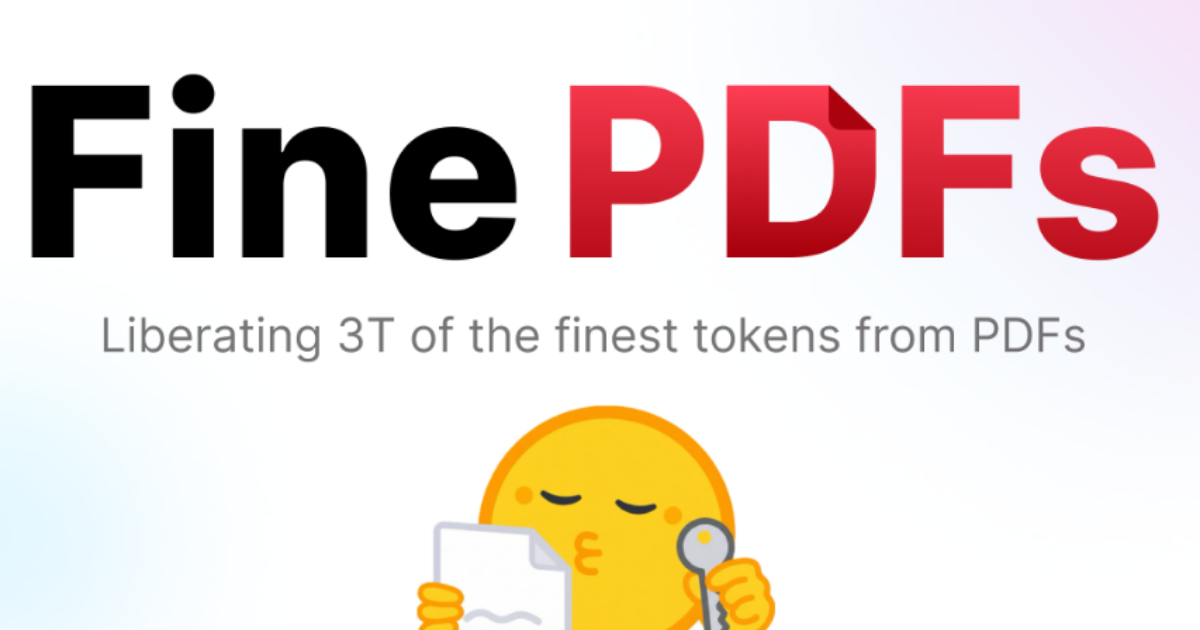When people think of culture, they often picture language, food, or tradition. But after living and working in over thirteen countries, both developed and emerging, I’ve found that how people pay is just as telling. Payment habits are deeply cultural. They reflect trust, social norms, and economic realities.
In the U.S., for example, credit cards are a way of life. They signal trust in deferred payments, access to rewards, and protection via chargebacks. Meanwhile, in many parts of Africa, like Nigeria or Kenya, instant payments are the norm. When I pay at a restaurant in Lagos using a mobile wallet or USSD, the business owner expects to receive the funds before I leave. This is not rude, nor is it an insult. It’s cultural: a reflection of a low-trust environment, where delayed payments are risky and unacceptable.
This is more than anecdotal, as these cultural dynamics are driving the global fintech shift toward instant payments, and emerging markets are leading.
What emerging markets already understand
Across Africa and Asia, financial inclusion has long depended on innovation, not luxury. In Kenya, M-Pesa has enabled millions of unbanked people to access digital finance. India’s UPI is processing over 10 billion monthly transactions. These systems weren’t designed for convenience; rather, they were built out of necessity.
The U.S. is now playing catch-up. The recent launch of FedNow and the Real-Time Payments (RTP) network marks a new era. But these systems still rely on cultural and institutional trust that isn’t evenly distributed across the country.
Underserved communities in the U.S., especially Black, Latino, and low-income households, face barriers to accessing even basic banking services. According to the Federal Reserve’s 2022 Survey of Household Economics and Decisionmaking (SHED) report, while 81% of white households are banked, only 63% of Black and 68% of Latino households are. For these groups, instant payments could be transformative.
Why the U.S. should look to USSD
One of the most overlooked innovations from emerging markets is USSD (Unstructured Supplementary Service Data), essentially text-based banking. USSD allows people with basic phones and no internet access to make secure transactions. It’s fast, accessible, and resilient.
In Nigeria, USSD is a backbone of mobile finance. You dial a short code, follow a menu, and transact instantly, no app, no data. It’s what helped millions leapfrog traditional banking systems.
This kind of infrastructure would have real value in the U.S., especially in rural areas and as a redundant system in the face of outages. The recent CrowdStrike-related outage disrupted payment systems across major institutions. A lightweight, USSD-like option could act as a fail-safe.
A cultural shift, not just a technical one
What’s holding the U.S. back is not just outdated infrastructure, but cultural inertia. Americans are used to credit cards, ACH transfers, and delayed settlements. Trust in financial systems is relatively high, but that trust is not evenly shared.
In contrast, low-trust societies often innovate out of urgency. In such environments, people can’t afford to wait days for a transaction to clear or rely on middlemen. They demand systems that are fast, transparent, and direct.
This is why USSD, mobile wallets, and instant bank transfers have flourished across the African continent. The systems were designed to reduce friction, not add layers of verification.
Building forward with inclusion and redundancy
What’s holding the U.S. back is legacy infrastructure and cultural inertia. That means prioritising underserved users and designing systems that meet their needs first, partnering with telcos to deploy low-bandwidth, resilient payment channels, and learning from history: The U.S. Social Security Administration’s early use of ACH in the 1970s was a tipping point. A similar government push using FedNow or RTP, perhaps through stimulus or benefits disbursement, could accelerate adoption today.
The tipping point is near
Malcolm Gladwell’s concept of a “tipping point” is fitting. Instant payments won’t become the norm through infrastructure alone. It takes a cultural push grounded in urgency, necessity, and public trust.
Emerging markets have proven that you don’t need a perfect system; you need a relevant one. If the U.S. wants faster, fairer, and more resilient financial access, it would do well to follow Africa’s lead.
__________
Seun Yusuff is a fintech expert and partnerships leader with experience across emerging markets, helping scale unicorns in Africa and Latin America. A UNC Kenan-Flagler Fellow, he’s an endurance athlete who summited Mount Kilimanjaro to raise funds for Lupus awareness, and is currently learning to fly small planes in his spare time. He resides in NYC.
Mark your calendars! Moonshot by is back in Lagos on October 15–16! Join Africa’s top founders, creatives & tech leaders for 2 days of keynotes, mixers & future-forward ideas. Early bird tickets now 20% off—don’t snooze! moonshot..com










